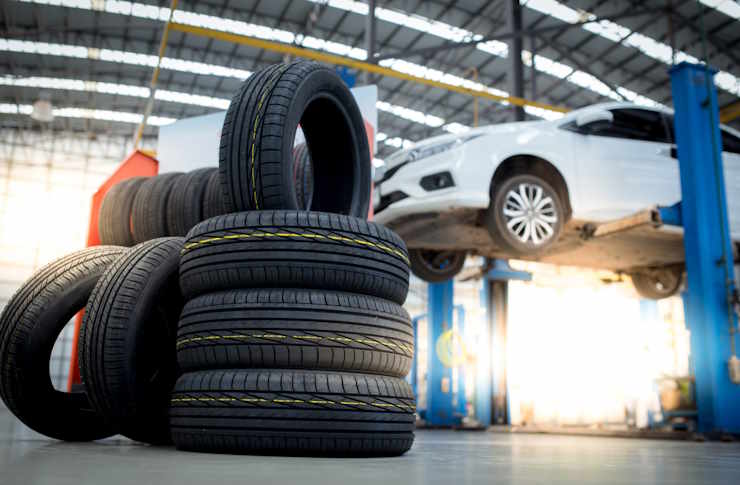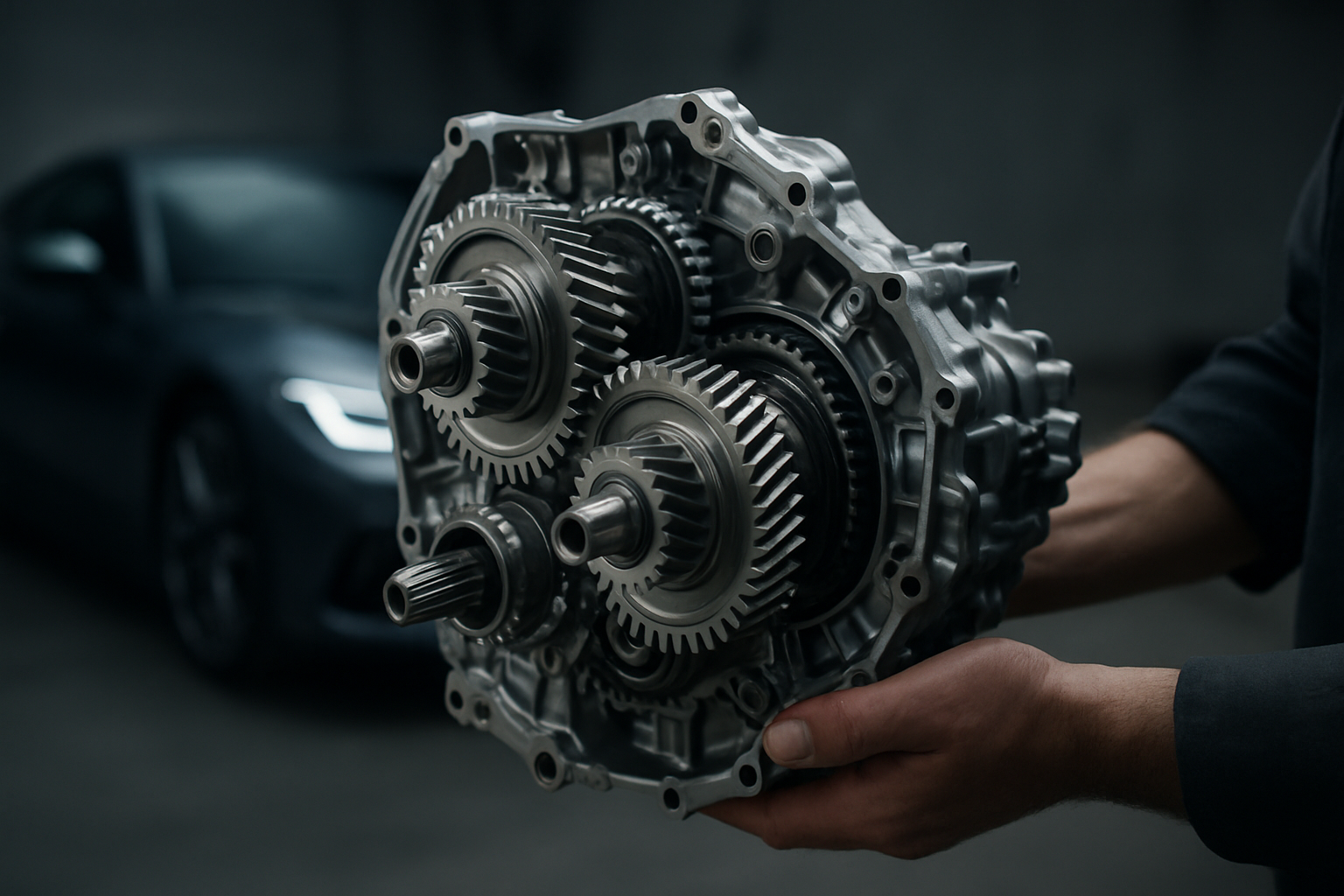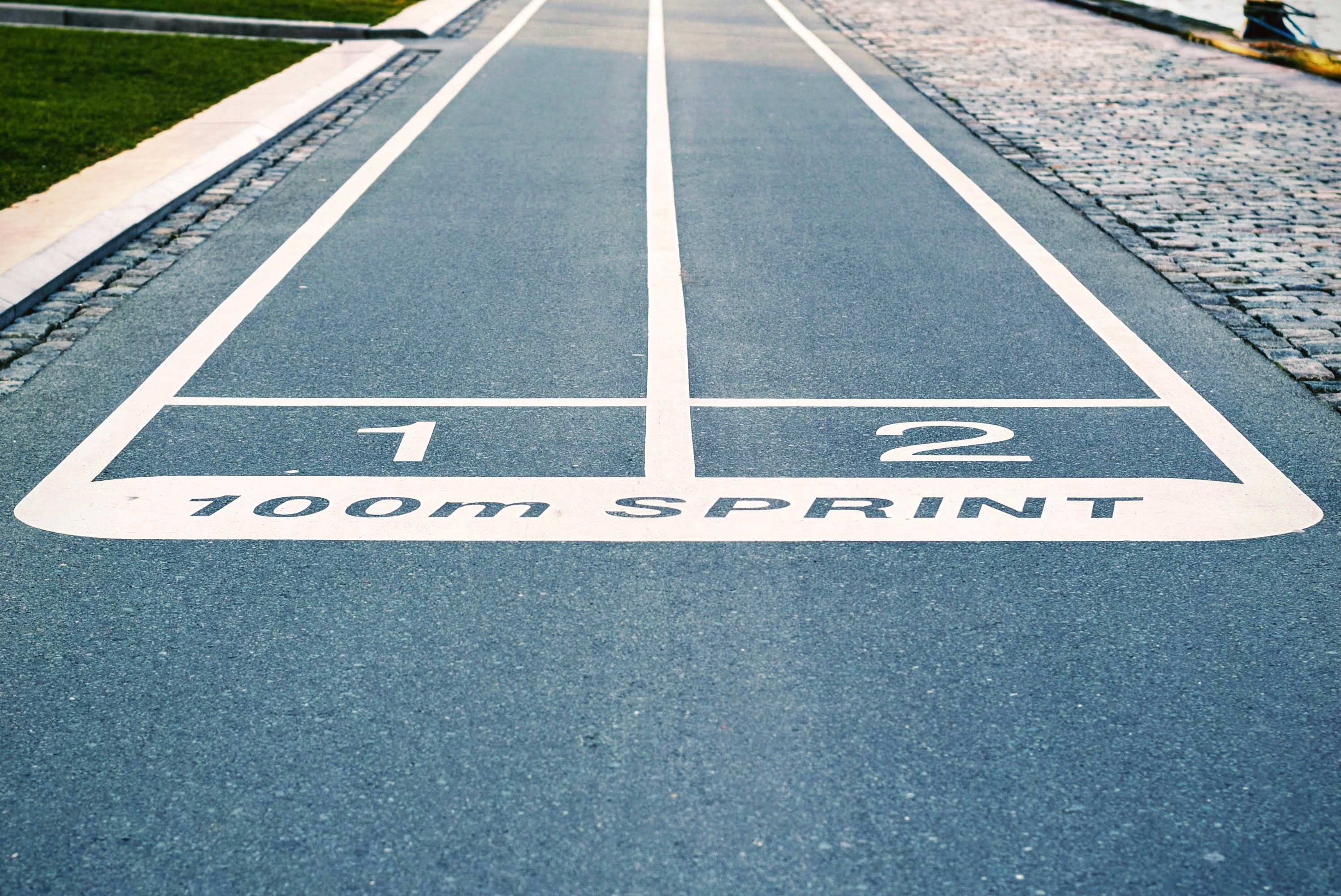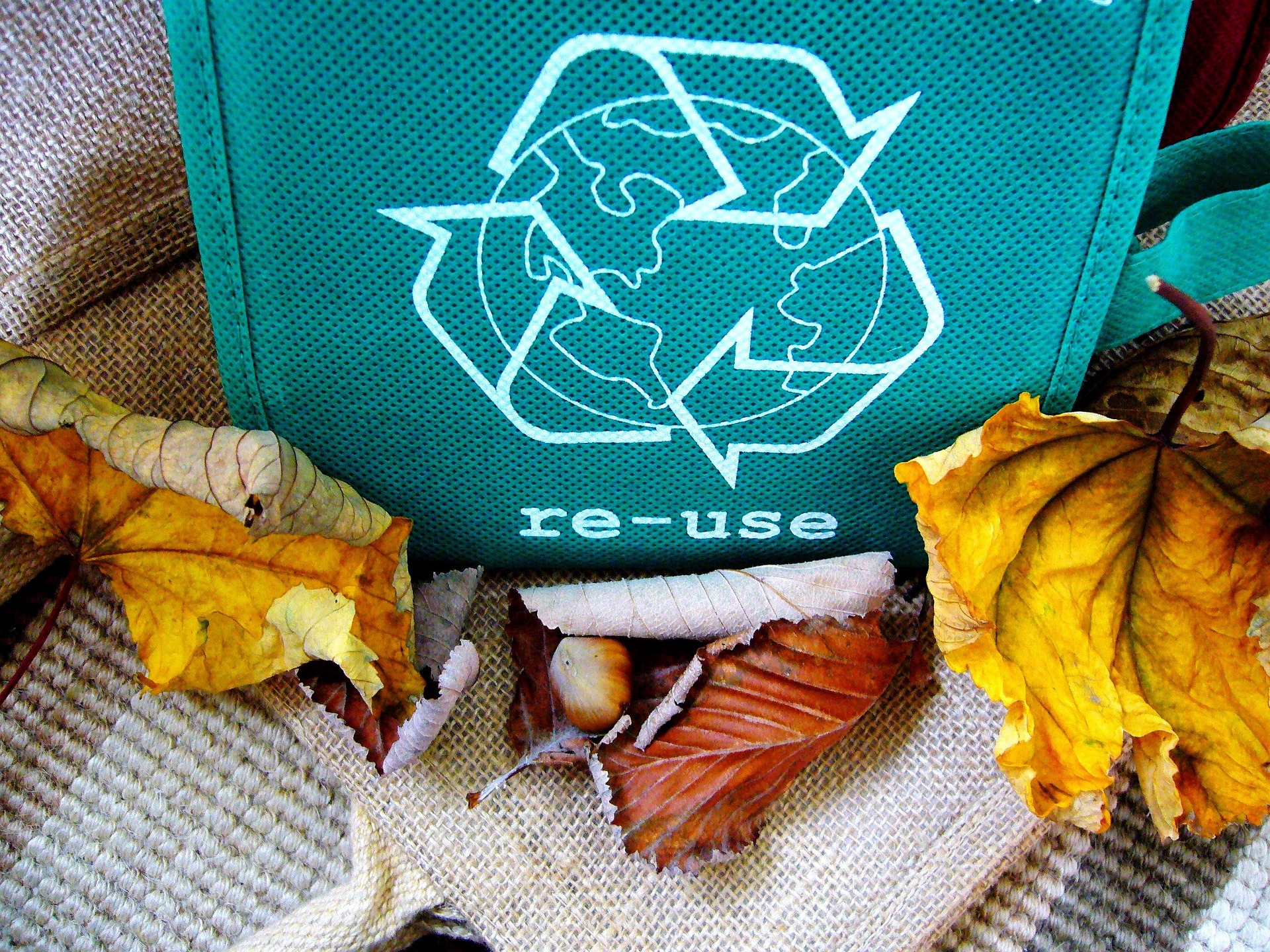Understanding Services Offered by Car Body Shops
Car body shops play a crucial role in maintaining a vehicle's appearance, safety, and structural integrity after an accident or general wear and tear. These specialized facilities are equipped to handle a wide range of repairs, from minor dents and scratches to extensive collision damage. Their expertise ensures that vehicles are restored to pre-accident conditions, adhering to manufacturer specifications and safety standards. Understanding the various services they provide can help vehicle owners make informed decisions when their car requires professional attention, ensuring both aesthetic appeal and operational safety.

What Services Do Car Body Shops Provide?
Car body shops, often referred to as collision repair centers, offer a comprehensive suite of services designed to restore vehicles. These services typically include dent removal, which can range from paintless dent repair (PDR) for minor dings to more traditional methods requiring panel work and repainting. They also specialize in scratch repair, addressing anything from superficial clear coat damage to deep gouges that penetrate the paint layers. Beyond cosmetic fixes, body shops perform significant collision repair, which involves repairing or replacing damaged body panels, bumpers, and structural components. Frame straightening is another critical service, ensuring the vehicle’s chassis is correctly aligned to maintain handling and safety. Expert paint matching and refinishing are also core offerings, restoring the vehicle’s original color and finish.
Addressing Vehicle Body Damage and Repair
When a vehicle sustains damage, a detailed assessment is the first step at a professional body shop. Technicians meticulously inspect the extent of the damage, identifying both visible and underlying issues that might compromise the vehicle’s structural integrity or safety systems. This often involves disassembling parts of the vehicle to uncover hidden damage. The repair process then proceeds with specialized tools and techniques to mend or replace affected body parts. For instance, welding might be used for structural repairs, while advanced pulling systems help restore the vehicle’s frame. The goal is not just to make the car look good but to ensure it meets original safety specifications, safeguarding occupants in potential future incidents. Modern body shops often utilize advanced diagnostics to ensure all vehicle systems are functioning correctly after repairs.
Quality Assessment and Post-Repair Evaluation
Ensuring the quality and safety of repairs is paramount for any reputable body shop. After the physical repairs are completed, a thorough quality assessment is conducted. This includes meticulous inspections of all repaired and replaced parts to confirm they meet industry standards and manufacturer guidelines. Paintwork is checked for color accuracy, finish, and durability, often under various lighting conditions. Furthermore, many shops perform diagnostic scans to verify that all electronic systems, including airbags and advanced driver-assistance systems (ADAS), are fully operational and recalibrated if necessary. In some cases, a road test may be performed to confirm the vehicle’s handling and performance are unaffected by the repairs. This comprehensive evaluation phase is crucial to guarantee the vehicle’s safety and reliability before it is returned to the owner.
Factors Influencing Car Body Repair Costs
The cost of car body repair can vary significantly based on several factors. The extent and type of damage are primary determinants; a small scratch will naturally cost less to fix than extensive collision damage requiring multiple panel replacements and structural work. The make and model of the vehicle also play a role, as luxury or specialized vehicles may require more expensive parts and specialized labor. The cost of replacement parts, whether original equipment manufacturer (OEM) or aftermarket, will impact the overall price. Paint type, including metallic or pearl finishes, can also add to the expense due to the complexity of matching and application. Finally, labor rates, which vary by location and the shop’s expertise, contribute substantially to the total cost. Obtaining detailed estimates from multiple reputable body shops is often recommended.
Choosing a Reliable Car Body Shop
Selecting a trustworthy car body shop is essential for ensuring high-quality repairs and a positive experience. Look for shops with certifications, such as those from vehicle manufacturers or independent organizations, which indicate adherence to specific training and equipment standards. Customer reviews and testimonials can offer insights into a shop’s reputation for quality workmanship and customer service. Transparency in the repair process, including detailed estimates and explanations of work to be performed, is also a good sign. Inquire about warranties on repairs, as this demonstrates a shop’s confidence in their work. Consider shops that use genuine parts or high-quality aftermarket equivalents, and those that prioritize safety and structural integrity over quick fixes. A professional body shop will also maintain a clean and organized facility, reflecting their attention to detail.
Cost Estimates for Common Car Body Repairs
Understanding the potential costs associated with car body repairs can help vehicle owners prepare for these expenses. Prices can fluctuate based on the type of damage, vehicle model, and geographical location. Below is a general guide to estimated costs for some common car body shop services, offering a benchmark for planning purposes.
| Repair Type | Scope | Estimated Cost Range |
|---|---|---|
| Minor Dent Removal | Small ding, no paint damage | $50 - $250 |
| Bumper Scuff/Scratch | Superficial paint damage to bumper | $150 - $500 |
| Panel Repainting | One panel (e.g., door, fender) | $300 - $1,000 |
| Bumper Replacement | New bumper, painted and installed | $500 - $2,000+ |
| Major Collision | Extensive bodywork, structural damage | $2,000 - $10,000+ |
Prices, rates, or cost estimates mentioned in this article are based on the latest available information but may change over time. Independent research is advised before making financial decisions.
Car body shops are vital for restoring vehicles to their optimal condition after damage. From minor cosmetic repairs to significant collision reconstruction, these establishments provide essential services that ensure both the aesthetic appeal and the critical safety features of a vehicle are properly addressed. By understanding the range of services offered, the repair process, and how to choose a reputable provider, vehicle owners can navigate the repair journey with greater confidence, ensuring their car remains a safe and reliable mode of transportation.




